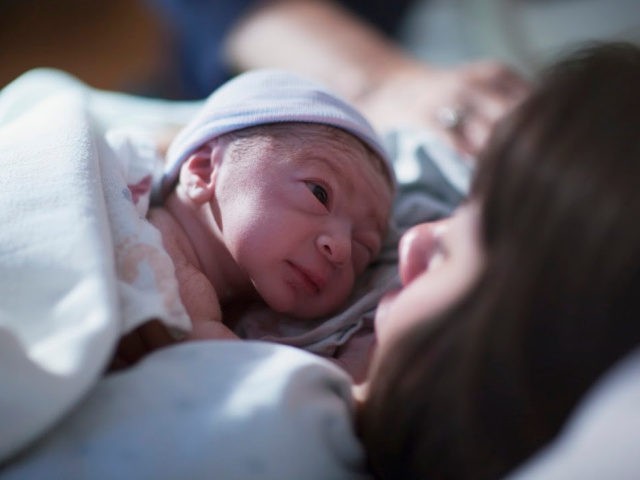The government of Singapore announced a special one-time “baby bonus” this week, in addition to an existing $10,000 package of benefits for new parents, to encourage more families to have children in the wake of the coronavirus pandemic.
“We have received feedback that COVID-19 [Chinese coronavirus] has caused some aspiring parents to postpone their parenthood plans. This is fully understandable, especially when they face uncertainty with their income,” Deputy Prime Minister Heng Swee Keat said on Monday.
Heng said the baby bonus would not come at the expense of other household and business support programs, including various government-issued rebates and vouchers. Low-income workers are also due to receive the second installment of a $3,000 Workfare Special Payment in October. The prime minister’s office is expected to provide more details about the new bonus later this week.
The BBC noted that Singapore has been struggling with low birth rates for decades, hitting an eight-year low of 1.14 births per woman in 2018, while neighboring countries like Indonesia and the Philippines reported huge increases in pregnancy during the coronavirus lockdowns. The U.N. actually described the spike of unintended pregnancies in the Philippines as “an epidemic in itself.”
CNN quoted the World Bank rating Singapore as having the third-lowest fertility rate in the world, tied with Hong Kong and above only South Korea and Puerto Rico. Very few developed countries are maintaining the 2.1 fertility rate needed to avoid demographic decline, which has the unfortunate effect of producing an “aging” population in which the number of young workers paying for benefits declines relative to the number of elderly citizens.
The Singapore Times described other pandemic support programs, including rebates on utility bills, vouchers for groceries, rebates on service and conservancy fees, a coronavirus support grant for the unemployed and under-employed, and retraining for workers who lost their jobs. Heng warned that despite assistance provided to businesses hit hard by the coronavirus, not all of them are expected to survive.
Singapore’s economy was hit hard by the coronavirus even though the small and tightly-controlled country had one of the mildest pandemic experiences, logging only 27 confirmed fatalities.
Once seen as the “shining star” of Southeast Asia, the pandemic devastated global trade, which combined with the punishing effects of Singapore’s strict coronavirus lockdown to cause the worst recession since it became independent from Malaysia in 1965.
Trade Minister Chan Chun Sing said in August the “painful truth” is that “we are not returning to a pre-Covid world” any time soon, thanks to historic downturns in the trade and tourism industries. Chan estimated that Singapore’s growth over the past two to three years would be completely “negated” by the pandemic.
Singapore’s demographic decline is so severe that economists described plunging fertility rates as a “ticking time bomb” in 2017 – the same bomb that could be heard ticking in Japan, where the elderly now significantly outnumber the young. The coronavirus recession could trigger a social crisis that would have arrived in a decade or so, as Singapore’s aging population is no longer able to generate the tax revenue needed to both care for the elderly and subsidize young families.

COMMENTS
Please let us know if you're having issues with commenting.